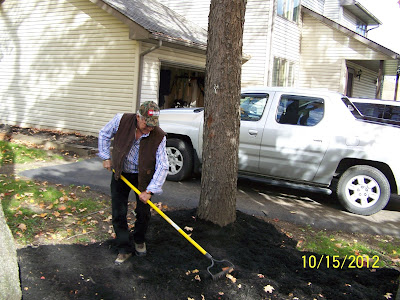1. When selecting exterior paint colors, take the fixed colors into account (like the roof, brick, stonework or any stained wood), and make sure all the colors look good together.
2. Be kind to neighboring properties. Chose colors that won’t clash with the immediate vicinity.
3. A large, boxy house can be broken up by using a trim color that contrasts the body color. A small house will appear larger if the trim is painted the same color as the body of the house.
4. Light colors will help keep a home cooler in warmer climates because they absorb less heat. Conversely, dark colors will help keep a home warmer in cooler climates because they absorb more heat.
5. While color preferences have gone darker in the past few years, light to medium value colors continue to be popular.
6. Remember that colors intensify and look brighter in daylight on the outside of a building than they do on the color chip. For best results, purchase a quart of paint in the color(s) you are considering and brush on a sample.
7. Things that are utilitarian should be painted the same color as that area around them i.e. downspouts should be painted the same color as the surface on which they sit. Feature elements can be highlighted as a whole, i.e. louvered vent.
8. If you know you have any form of color blindness or cataracts, have someone without these conditions assist you with your color decision, preferably a professional color consultant.
9. Some communities have restrictions on what colors can be used on house exteriors, so check this out before you make your choice.





.jpg)

.jpg)



























